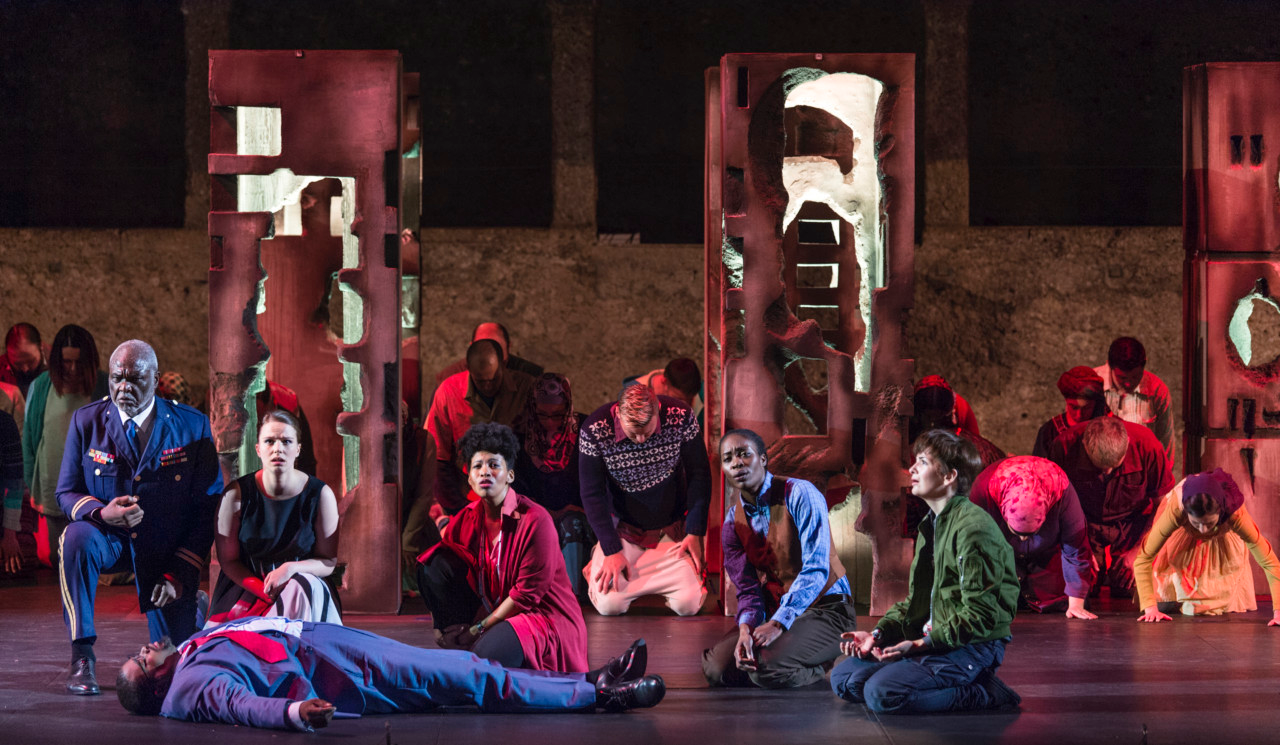Theater, as an art form, holds a magical ability to transport audiences into worlds both familiar and fantastical. It’s a convergence of storytelling and stagecraft, where the dramaturgical prowess orchestrates an intricate dance between narratives, emotions, and the human experience. The fusion of story and dramaturgical stage within theater is a testament to its transcendent power, one that captivates, educates, and inspires.
At its core, theater is the embodiment of storytelling. From ancient Greek tragedies to modern-day Broadway productions, narratives have been brought to life through the visceral medium of live performance. The playwright’s words form the backbone, weaving tales that delve into the depths of human existence—exploring love, loss, joy, despair, and the myriad of emotions that define our lives.
However, it is the marriage of these narratives with the stage that gives theater its vibrant soul. Enter the dramaturg—the unsung hero behind the scenes. The dramaturg serves as a guardian of the story, an interpreter of the playwright’s vision, and a curator of the thematic essence that underpins the production. Their role is multifaceted, involving research, analysis, and collaboration with directors, actors, and designers.
Dramaturgs delve deep into the historical context, societal nuances, and psychological intricacies of a script. They unearth layers of meaning, drawing connections that enrich the narrative tapestry. Whether it’s dissecting the socio-political backdrop of a period piece or unraveling the psychological motivations of complex characters, their insights infuse the performance with depth and resonance.
The stage becomes a canvas where the dramaturgical magic unfolds. Set design, lighting, soundscapes, and costumes merge to create a visual and auditory symphony that amplifies the narrative’s emotional cadence. Each element is meticulously crafted to evoke specific feelings, immerse the audience in the story’s ambiance, and elevate the overall theatrical experience.
Moreover, theater’s immediacy—the live interaction between performers and spectators—imbues it with an unparalleled intimacy. Every gasp, every tear, every chuckle is shared in the communal space of the theater, fostering a profound connection between the story and its audience. The shared experience becomes a catalyst for introspection, empathy, and collective reflection.
The dramaturgical power of theater extends beyond entertainment; it serves as a mirror to society, provoking thought, challenging perspectives, and fostering dialogue. Through poignant narratives and compelling performances, theater has been a catalyst for social change, shining a spotlight on pressing issues and igniting conversations that transcend the confines of the stage.
In a world inundated with digital entertainment, theater remains a testament to the irreplaceable allure of live performance. It thrives on the raw, unfiltered energy exchanged between performers and spectators—a synergy that ignites the imagination, stirs emotions, and leaves an indelible imprint on the human psyche.
As we navigate the ever-evolving landscape of art and entertainment, theater stands as a beacon—a bastion where the alchemy of story and stage converges, leaving us spellbound, enriched, and profoundly moved.
In essence, theater’s dramaturgical power lies in its ability to unite narratives with the visceral immediacy of live performance—a synthesis that transcends mere storytelling, offering an immersive journey that resonates with the human soul.
So, the next time you find yourself in the embrace of a theater seat, remember: you’re not just witnessing a story; you’re partaking in an exquisite dance between the realms of imagination and reality—a testament to the enduring power of theater.
